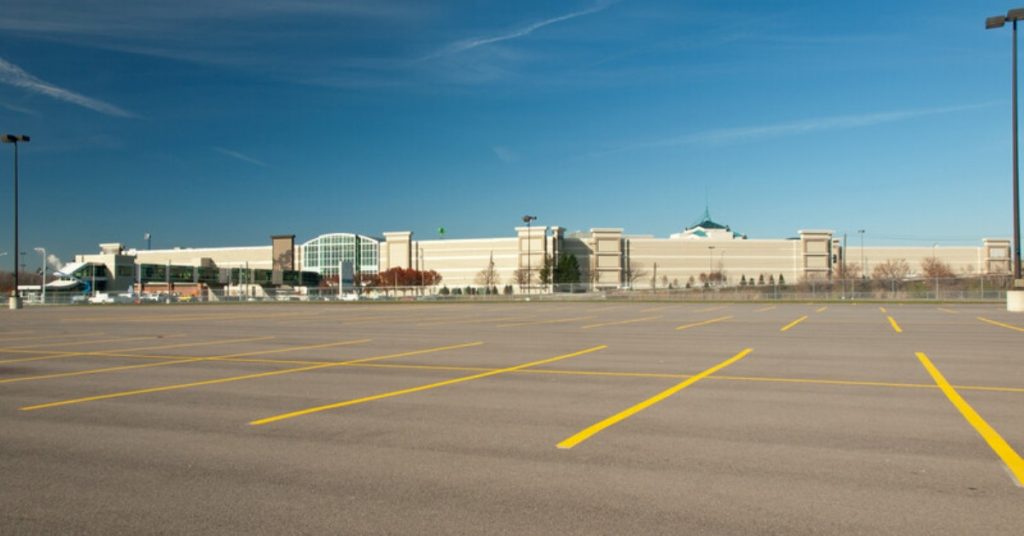Ask the typical person how much parking most cities have, and their answer will probably be “not enough.”
And it’s easy to see why: When you’re used to every Walmart having 1,000 parking spaces for customers, it can be annoying to not be able to park right in front of the restaurant you’re trying to eat at. But just because it may not feel like cities have enough parking, that doesn’t mean that’s actually the case.
The Wall Street Journal reports that, while free street parking may fill up quickly, off-street garages are rarely full. Since Americans are so accustomed to not having to pay for parking, though, they’d rather drive around in circles hunting for an open space on the street than save time and pay to park. In reality, we have way more parking than we need, and people circling the block are needlessly increasing congestion.
According to Donald Shoup, an urban planner and parking research pioneer at the University of California, Los Angeles, the government doesn’t track the number of parking spaces. But speaking with WSJ, he estimates that on the low end, the U.S. has at least 700 million parking spaces, and on the high end, the estimate is more like 2 billion. That works out to somewhere between 2.5 and 7.0 parking spaces per registered vehicle in America.
Thankfully, cities across the country are starting to realize they don’t need nearly as much parking as they have. Parking garages are being replaced with desperately needed housing, and some municipalities are getting rid of parking minimums that drive up the cost of housing. It’s not just big cities such as New York City or San Francisco, either. Smaller cities such as Norman, Oklahoma and Bend, Oregon are doing the same thing.
“The Dutch have reclaimed land from the sea, and I think we can reclaim land from parking,” Shoup told the Wall Street Journal.
In Charlotte, the city council recently allowed one developer to build an apartment complex that doesn’t have any parking at all. That means more units for people to live in and lower construction costs, which the developer says should save residents $250 per month.
Click here to read the entire WSJ article.
Source: Jalopnik

